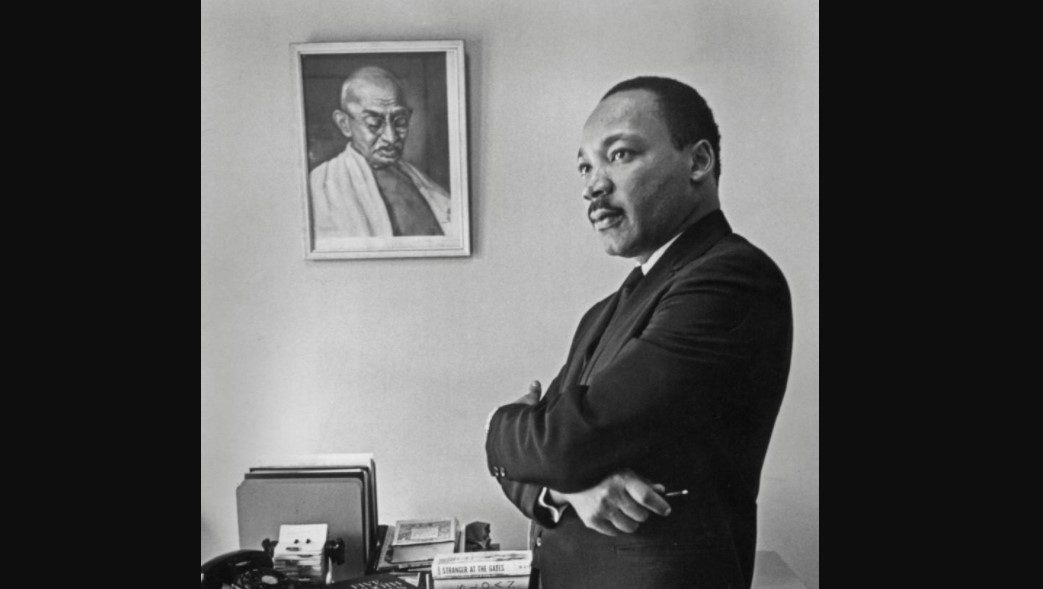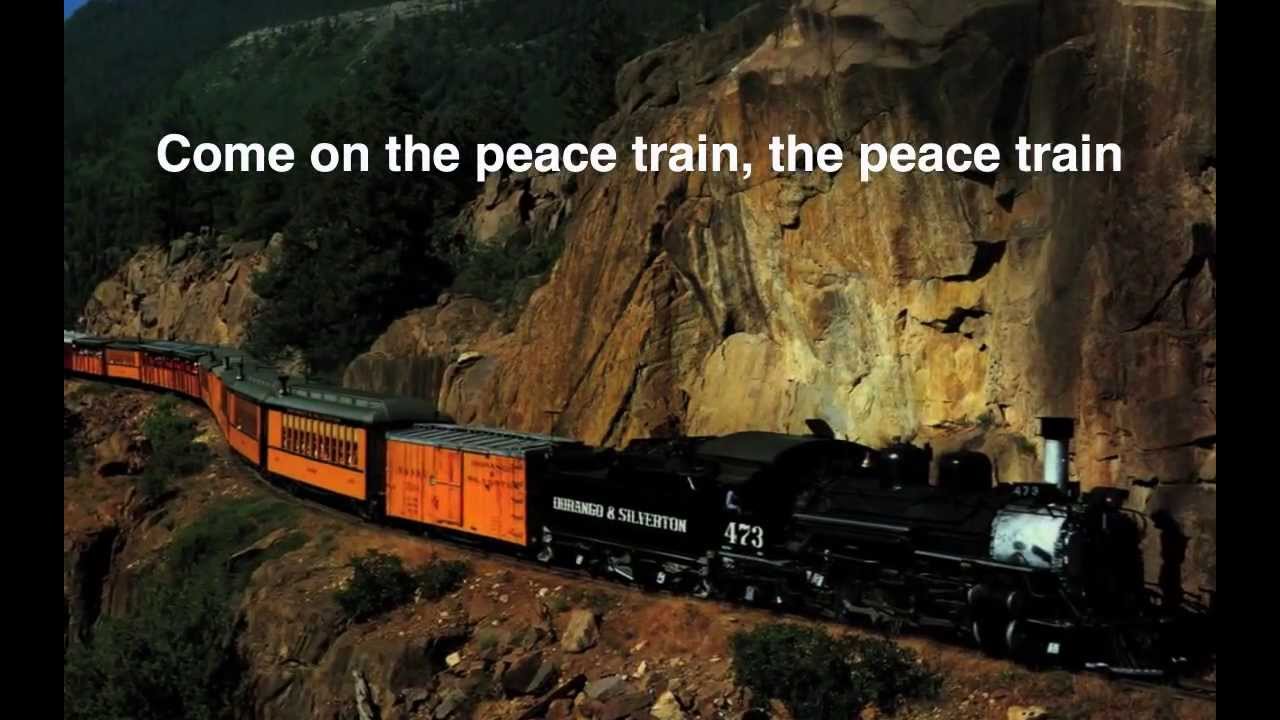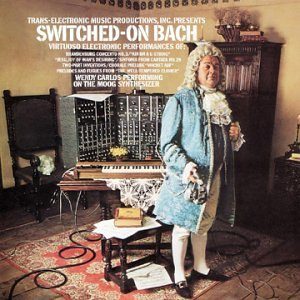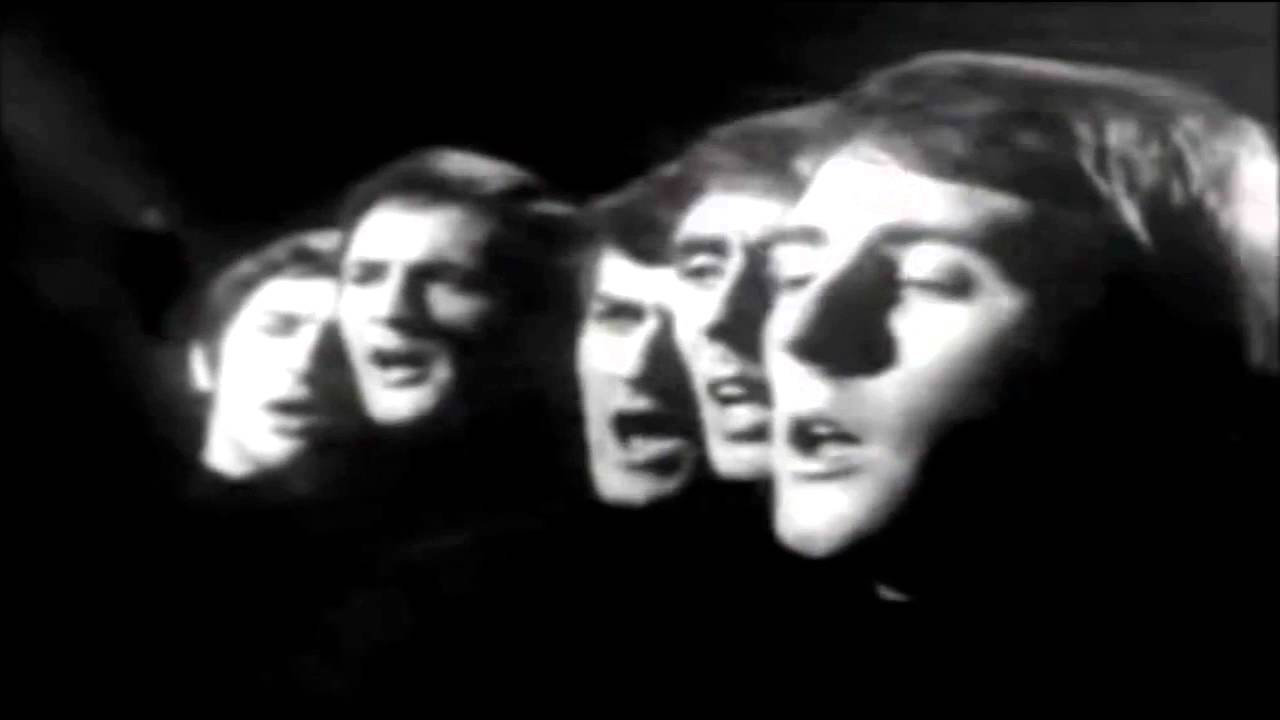Knowledge helps you engage fully
As I was slowly awakening, I noticed that my feet were really hurting. And, that it was really cold. Both made sense when I realized I was halfway to my 8 am Statics class, running so I wouldn’t be late for the exam… with no shoes and barely a shirt on with early morning temps in the ’30s – cold for Texas. I am sure I made quite the sight running in at the last minute. I had studied, but now I realized why the 8 am MWF class was still open during registration 😉
Compared to other majors, you get started with real Engineering classes as a freshman because there are so many classes that depend on each other. I always found that fantastic as I was actually tasting what I had worked hard to achieve – while my peers were grinding out humanity classes and English that had nothing to do with what they really wanted to learn. Even a “required class” like Statics, which was technically a Mechanical Engineering class, I was engaged in learning the Knowledge of building things that drew me to engineering. Even at 8 am, the class was fun and challenging…
“Other” ways of Knowing are vital…
King is already into Grad school at this age – enrolled in Crozer Theological Seminary in Upland, Pennsylvania. King’s father fully supported his decision to continue his education and made arrangements for King to work with prominent Crozer alum, J. Pius Barbour, a family friend who pastored at Calvary Baptist Church in nearby Chester, Pennsylvania. King became known as one of the “Sons of Calvary”, an honor he shared with William Augustus Jones Jr. and Samuel D. Proctor who both went on to become well-known preachers in the black church.
King wrote in his autobiography: “One Sunday afternoon I traveled to Philadelphia to hear a sermon by Dr. Mordecai Johnson, president of Howard University. Dr. Johnson had just returned from a trip to India, and he spoke of the life and teachings of Mahatma Gandhi. His message was so profound and electrifying that I left the meeting and bought a half-dozen books on Gandhi’s life and works. Prior to reading Gandhi, I had about concluded that the ethics of Jesus were only effective in individual relationships. The “turn the other cheek” philosophy and the “love your enemies” philosophy were only valid, I felt, when individuals were in conflict with other individuals; when racial groups and nations were in conflict a more realistic approach seemed necessary. But after reading Gandhi, I saw how utterly mistaken I was.”
“Gandhi was probably the first person in history to lift the love ethic of Jesus above mere interaction between individuals to a powerful and effective social force on a large scale. Love for Gandhi was a potent instrument for social and collective transformation. It was in this Gandhian emphasis on love and nonviolence that I discovered the method for social reform that I had been seeking. The intellectual and moral satisfaction that I failed to gain from the utilitarianism of Bentham and Mill, the revolutionary methods of Marx and Lenin, the social contracts theory of Hobbes, the “back to nature” optimism of Rousseau, the superman philosophy of Nietzsche, I found in the nonviolent resistance philosophy of Gandhi.”
Knowledge engages differently
Statics had a great professor – a man that loved what he taught, always had on a tie to look sharp, and took the time to focus on students. He asked me to help a couple of students that were struggling. The girl was one of 3 in the entire engineering school of 300, and was from a far-off romantic-sounding Washington DC. She was on the path to be a Mechanical Engineer as was her boyfriend, both sophomores taking the class for the second time…
… and the boy was just really lost. His father had also insisted he had to be an engineer, but unlike me, he had no real talent for math, and even less interest in the material. We got him to understand how to work the problems “mechanically” but I offered that he should really transfer into Business particularly as he was going to be Junior soon. We talked through how to tell his parents, and came up with a way of making it really their idea – something I had learned from my Mom 😉 It worked, and he was so much happier. And I enjoyed helping him reframe his path forward – long before knowing that would be my path later.
His girlfriend was eternally grateful and asked to take me out her to dinner to celebrate. She was a sorority girl and waiting in the lobby, I realized that these were not my people… And that I was going to have to develop a lot of Knowledge other than “book learning” while in College. For now, we had a nice dinner, but I knew that this would probably be the last time I would participate in much of the social life at SMU. But the romance of living near DC stayed with me…
…particularly Knowledge of others
My parents and many of the college kids I interacted with modeled what I would eventually find out – the friends you make in these years are mostly for life. The experience and Knowledge that you engage with – together – are also hopefully for you, what they have been for me. For MLK, the peers he went through Seminary started a Cabinet of advisors that would provide him with vital Knowledge throughout the rest of his life as we will see this week. Music this week another assortment of artists: today’s track was the top “Race” records of King’s first years of Divinity School, which soon engaged a young white boy and a new form of music coming out of Memphis…
Who Knows what engages you?
MLK’s cabinet helped keep him focused on his newfound love of Gandhi. A critical part of any re-engagement of your life and goals are friends who REALLY Know you – and have the standing to help you engage deeper on the path that they likely saw long before you did. What Knowledge do you need to start to pay attention to as the world continues to change and evolve around us all? Is it found in new courses, books, online classes, or in places that may not be as obvious – your peers from all those years ago. Will they be there for you to ask? Let’s see if … It’s Too Soon To Know.




